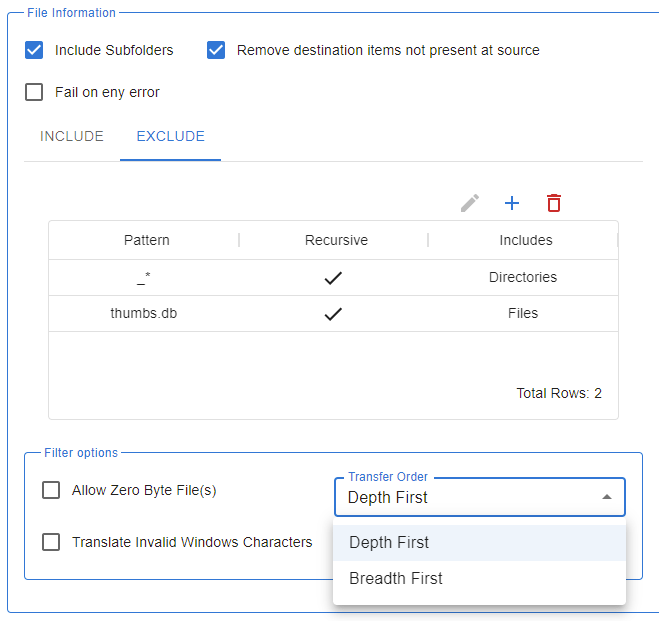Compliance Briefs
Do you want to design a file transfer process that is secure? Or one that is compliant? Of course, the answer is “both”.
Good business practice dictates data protection for you, your customers, and your business partners — including data-in-motion. But, even the best security practices do not alleviate the need to comply with regulations and standards that can carry high contractual, civil, and criminal penalties. Plus, the indirect loss of faith of your customers or business partners can have an incalculable impact on your bottom line.







